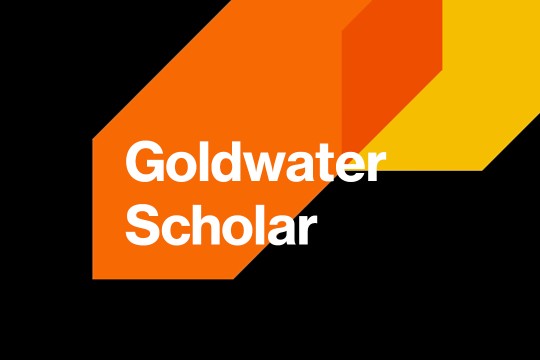
Akhtar Khan
Professor, Applied Mathematics
Akhtar Khan
Professor, Applied Mathematics
Education
MS, Technical University Kaiserslautern (Germany); Ph.D., Michigan Technological University
Bio
- Joined School of Mathematical Sciences at RIT in 2008.
- I advise undergraduate and graduate students in research in applied and computational mathematics.
Select Scholarship
- Uncertainty Quantification in Variational Inequalities: Theory, Numerics, and Applications. Joachim Gwinner, Baasansuren Jadamba, Akhtar A. Khan, Fabio Raciti, monograph, Taylor & Francis (2021)
- Introduction to Set-Valued Optimization. Akhtar A. Khan, Christiane Tammer, Constantin Zalinescu, monograph, Springer (2014)
- Deterministic and Stochastic Optimal Control and Inverse Problems. Baasansuren Jadamba, Akhtar A. Khan, Stanislaw Migorski, and Miguel Sama (editors), Taylor & Francis (2021)
- Variational Analysis and Set Optimization. Akhtar A. Khan, Elisabeth Koebis, Christiane Tammer (editors), Taylor & Francis (2019)
- B. Jadamba, A. A. Khan, M. Sama, H-J. Starkloff, Chr. Tammer, A Convex Optimization Framework for the Inverse Problem of Identifying a Random Parameter in a Stochastic Partial Differential Equation, SIAM/ASA J. Uncertainty Quantification, 9 (2), 922-952 (2021)
- S. Zeng, S. Migórski, A. A. Khan, Nonlinear Quasi-Hemivariational Inequalities: Existence and Optimal Control, Siam J. Control Optim., 59, 1246-1274 (2021)
Currently Teaching
In the News
-
December 12, 2023

RIT hosts Abel Visiting Scholar
RIT recently hosted Abel Visiting Scholar Nguyen Thi Van Anh, lecturer at Hanoi National University of Education in Vietnam. The Abel Visiting Scholar Program allows professional mathematicians based in developing countries to visit an international research collaborator for one month.
-
April 16, 2021

RIT student Quinn Kolt named 2021 recipient of prestigious Goldwater Scholarship
Quinn Kolt, a fourth-year applied mathematics and computer science double major from Solon, Ohio, has been awarded a Barry M. Goldwater Scholarship, the premier undergraduate research scholarship in the fields of math, natural sciences, and engineering in the United States.




